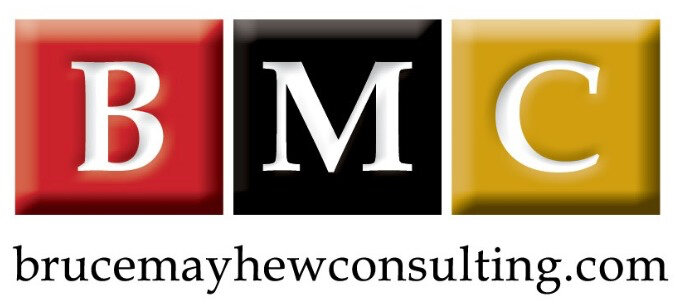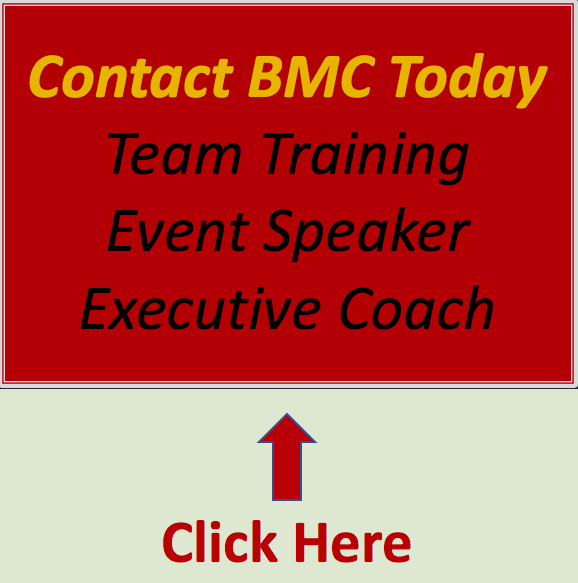Why Listening Is Important… And How To Listen Well:
/It takes effort and energy to listen well and pay attention to other people. Our minds naturally begin to interpret what other people are saying and apply it to our own experiences and knowledge. That ‘association’ is one of the ways you and I form memories and gain understanding. But we have to remember that a little goes a long way and that letting our mind play this association game is not always appropriate… especially if our existing memories hijack our attention.
When we try to listen to someone you and I often fall into one of two traps:
As above, I begin associate your experience to a similar experience I’ve had, and so my mind interrupts your story and hijacks my attention.
I’ve heard your experience before and believe I know what you are going to say or what you need. Because of this I interrupt you and stop you from telling your story. This is especially true if we are in any type of customer service type industry where we try to skip directly to the solution.
Of course both of these examples are bad. When we interrupt someone we almost always do more harm than good. If we don’t listen and our goal becomes to share our story or to prove how much experience we have, the other person may no longer trust us. This lack of trust could have a very serious negative impact. Instead, we have to do our best to set aside our own needs and our own experiences… and show that we are both listening and respecting them.
Here are some guidelines to follow when trying to learn to listen better:
Everyone you meet will know something you don’t know, consider this an exciting opportunity. Be patient and be curious.
Listen to understand… not to respond. Set your own ideas and experiences aside. If you are listening, remember you are trying to learn and understand. If you want to keep track of ideas you have or questions you want to ask, keep a pad of paper with you (not an iPad that may ding or light up from an incoming message), and write down 2 words that will remind you what you wanted to say after they are finished talking.
Truly care for the other person and what they are thinking, what they did and/or how they felt. Use into your empathy; imagine what it was like to be them… and be curious about that experience, but don’t get lost in your own mind.
To be a respectful listener and dig deeper by asking open ended questions. This means start your questions with words like ‘How’, ‘What’, ‘Where’, ‘Why’ or ‘How’. For example, “How did you feel?” and “What did you do next?” Do not use questions like “Were you happy?” and “Did you go?”
Listen with your eyes, ears, needs and feelings. Listen for what they are saying… and what they are not saying.
Similar to #2, if you have experienced something similar as what they are describing, put your experience aside. For now, you are trying to help them feel confident that you understand their experience. Far too many times we try to compare our experiences with theirs.
If you listen to them they will be more likely to listen to you. And, as I suggested above, beyond learning, listening is one of the greatest ways that other people will trust that you:
Care about them and their experiences
Understand them and their experiences
When people trust you they will be more likely to:
Be patient with you
Compromise – now or sometime later
Help you – now or sometime later
Conclusion:
When you are with other people talk as little as possible. Remember, if we are speaking we are not listening or learning.
These lessons are doubly important if you are in the position of having difficult conversations. During those times, letting the other person feel that they have been heard and understand will go a long way to helping you resolve the situation in a respectful, thoughtful, collaborative way.
Thank you for reading my article about why listening is important and how to listen well.
Bruce
About Bruce and Bruce Mayhew Consulting.
Corporate trainer Bruce Mayhew (of BMC) delivers customized Email Etiquette training in Toronto and across Canada. We specialize in Leadership, Communication and other soft skills training solutions.
BMC helps your greatest assets think productive and be productive.
Bruce is an experienced motivational speaker in Toronto and has inspired audiences across Canada and within the USA and the UK. Bruce works hard to always make sure your training event, conference, retreat, or annual general meeting is a success.



